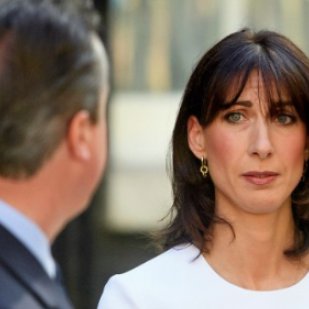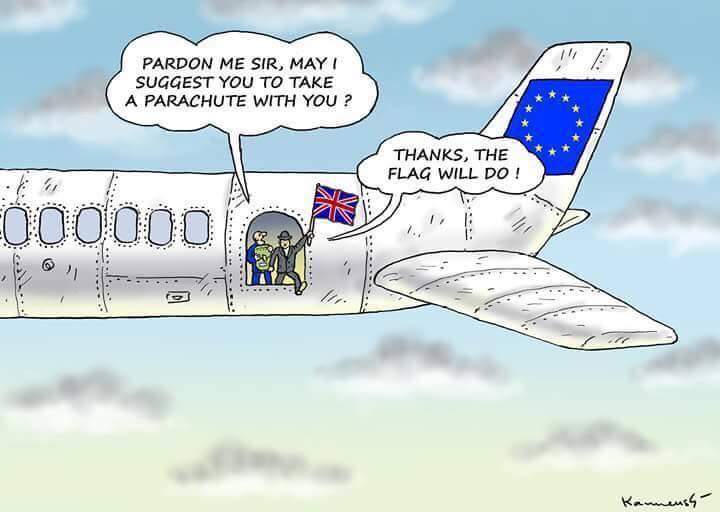


British withdrawal from the European Union, often shortened to Brexit (a portmanteau of "British" or "Britain" and "exit"),[1][2] is a political goal that was pursued by various individuals, advocacy groups, and political parties since the United Kingdom (UK) joined the precursor of the European Union (EU) in 1973. Withdrawal from the European Union has been a right of EU member states since 2007 under Article 50 of the Treaty on European Union.
In 1975, a referendum was held on the country's membership of the European Economic Community (EEC), later known as the EU. The outcome of the vote was approximately 67% in favour of the country's continued membership of the EEC.
The UK electorate again addressed the question on 23 June 2016, in a referendum on the country's membership. This referendum was arranged by Parliament when it passed the European Union Referendum Act 2015.
The result of this referendum held in June 2016 was 51.9% in support of an exit (17,410,742 votes) and 48.1% (16,141,241 votes) to remain with a turnout of 72.2% and 26,033 rejected ballots.[3]
No comments:
Post a Comment